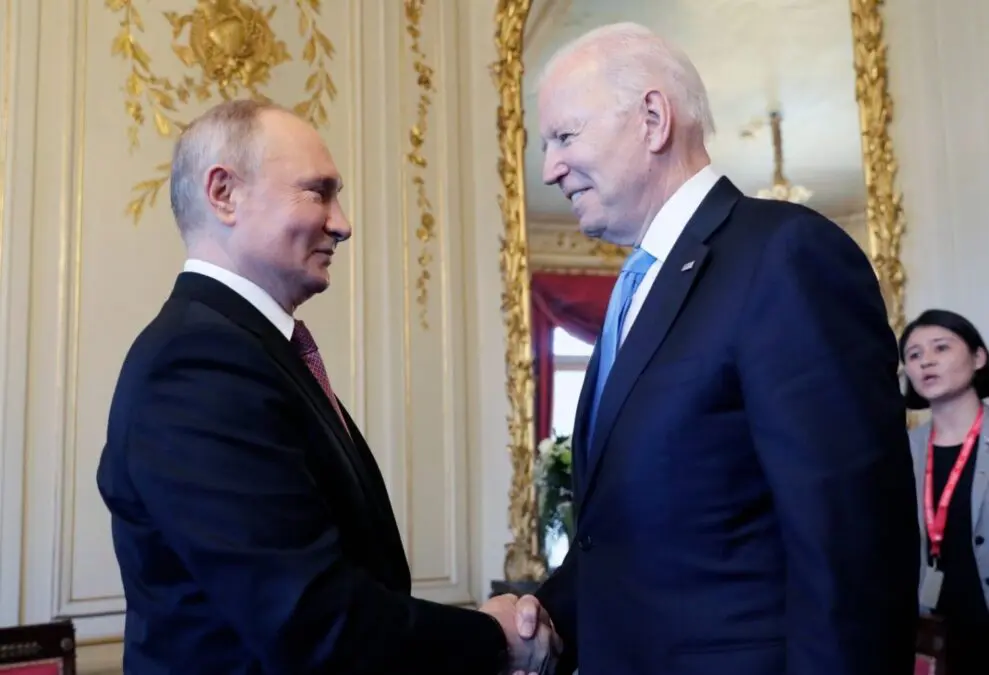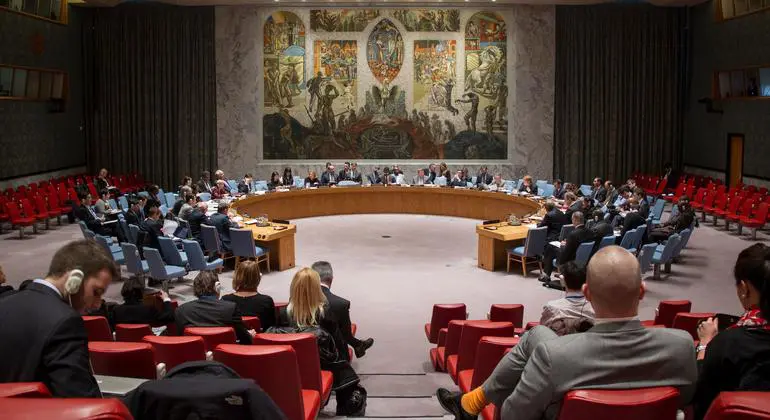Against the background of their constant disagreements, the two sides took an unprecedented step, calling for responsible behavior of countries in cyberspace.
Russia and the United States have submitted to the UN General Assembly a joint draft resolution on responsible behavior in cyberspace, an important event in light of the fact that in recent years the two countries have most often been rivals and even opponents in the world body. After approval by the First Commission, the General Assembly will vote on the document in December, the Russian newspaper “Kommersant” writes.
Until now, the rules of conduct for countries in the information space have been developed by two mechanisms within the UN – the revived by the United States Group of Governmental Experts (GPE) and the Russian-initiated Open-ended Working Group (WGG). Russia and the United States are in both, but Moscow supported the WGG and Washington backed the GPE. The competition between them created a field for rivalry and behind-the-scenes intrigue, reducing the effectiveness of both mechanisms.
With the adoption of consensus reports in both groups this spring, positive changes have emerged, but the development of a joint resolution is a real diplomatic breakthrough. It is largely due to the agreements reached by Presidents Biden and Putin at their June meeting, the paper said.
Last week, the project was presented by the Russian and American delegations to informal consultations at the UN. Andrei Krutskikh, President Putin’s special envoy for international co-operation in cybersecurity, called the event a “historic moment”. According to him, the resolution is also of strategic importance, as it will put an end to the parallel activities of the two cybersecurity platforms at the UN, as the world community has long invited.
Combined, the latest reports of the two groups form a framework concept for the rules of responsible behavior of states in cyberspace. The new Russian-American resolution calls on the countries to comply with these norms and to create conditions for further efforts in this area at the UN, said Michel Marcoff, coordinator of cyber problems at the US State Department.
According to the document, this activity will henceforth be carried out in the BERG, whose mandate is extended until 2025. The resolution emphasizes that all countries have an interest in promoting the use of information and communication technologies (ICT) for peaceful purposes and to prevent conflicts related to them. But it is added that a number of countries are increasing their ICT potential for military purposes and that ICTs are increasingly likely to be used in future conflicts. And the adoption of voluntary and non-binding norms of responsible behavior can reduce threats to international peace, security and stability.
As part of the UN talks, diplomats had previously developed a basic cyber code for states. They called on governments, in particular, to prevent the spread of malware, to inform software authors about detected vulnerabilities instead of using them for hacking, and to refrain from activating hidden features in IT products produced on their territory. However, the weak point of the code is the voluntary nature of the norms. Russia has repeatedly suggested that they be legally binding, but the United States was against it, the newspaper recalls.
The submission of the Russian-American draft resolution to the UN – an “unprecedented step” – became possible because the two countries managed to put their political differences out of brackets and take pragmatic, constructive and responsible positions, Krutskikh stressed. Together with his American counterpart, he called on all UN member states to support the document, including as co-authors. By the time the issue was published, they were already over fifty, Kommersant added.







